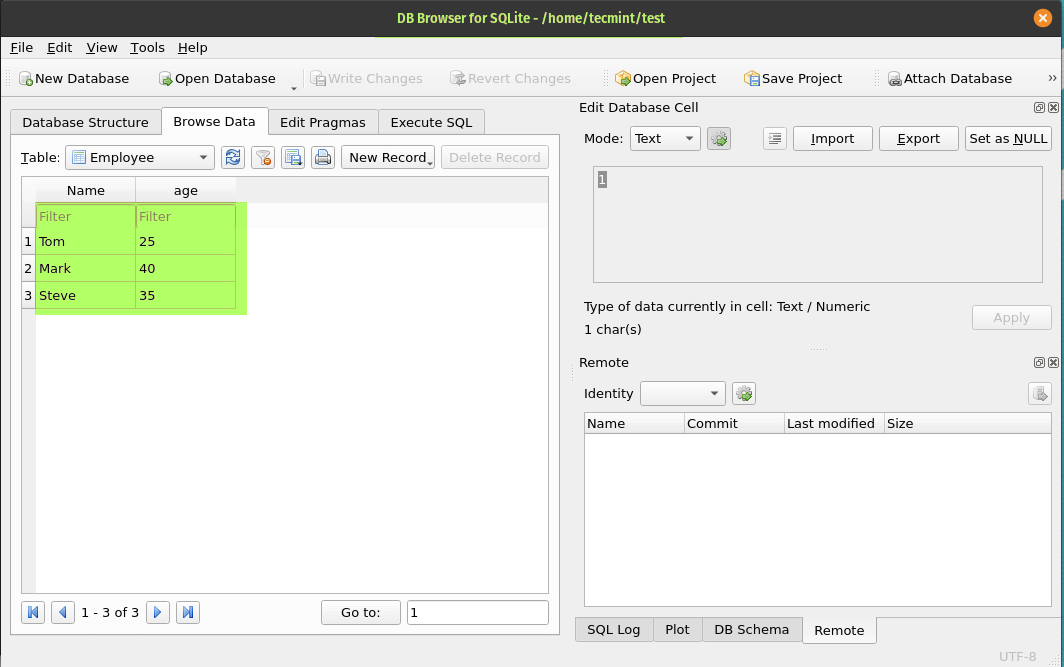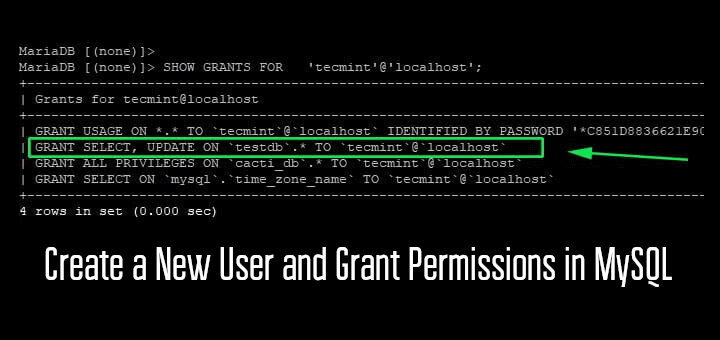

$ tar -zxvf īut this is all answering your question as asked. (3.33 is in fact part of the latest Ubuntu, which is why the above Dockerfile piggy-backs on) This initial list showing more than 20 related or dependent packages, alludes to the reason why older versions might be lagging: Ĭompiling from source is not that much trouble either - if you've got the steps - so lets put SQLite's claim to fame of "small, fast, reliable" to the test, from : $ wget The starting point would be to contact the current Ubuntu SQLite package maintainer to find out what you can do to help to get it up-to-date.
#How to install sqlite in edubuntu update
The proper way to do this is to volunteer your time to update the official repo - this way all security and compatibility issues will have the best way to find their way to the right channel, and you stand the best chance of soliciting the help of the community in maintaining things going forward. deb's from other distributions - or versions - that use the same C library - I usually search on Distrowatch to find these - but besides the standard C library version, there could be other unexpected dependency problems, so your "quick fix" could turn out to be not-so-quick in the long term, if not downright breaking parts of your OS.

This mounts your current directory inside /tmp in the docker image, and runs the image built from this Dockerfile - which you can trivially modify to also install Python, and to run any command you like. (from ) docker run -rm -ti -v `pwd`:/tmp nouchka/sqlite3 /tmp/myapp.py If there was an official Sqlite image with the right version, and if you've installed and could run Docker, you can use any version of SQLite and any version of anything else, neatly packaged eg. Or you can copy it into the directory with your Dockerfile, then copies of it will be placed in the actual image - but then you need to rebuild the image whenever you make changes.

To run your existing app, just bind mount it: docker run -rm -ti -v /path/to/myapp:/tmp sqlite333 /tmp/myapp.py Press Ctrl D to save, then: $ docker build -t sqlite333. Rm -rf /var/lib/apt/lists/* /tmp/* /var/tmp/*ĮNTRYPOINT python3.8 -c "import sqlite3 print(sqlite3.sqlite_version)" There are no official Docker images with the latest sqlite - but it's easy to make one: $ mkdir sqlite333 & cd sqlite333ĭEBIAN_FRONTEND=noninteractive apt-get -yq -no-install-recommends install sqlite3 python3 & \


 0 kommentar(er)
0 kommentar(er)
